Jaipur | 29 September 2025 — In a festive-season boost to dairy farmers, Jaipur Zila Dugdh Utpadak Sahakari Sangh (Jaipur Dairy) has announced a ₹25 per kg fat hike in its milk procurement price, effective immediately. The revision comes just days ahead of Diwali, India’s key dairy consumption season, and is aimed at providing financial relief to milk producers amid rising input costs.
The price increase applies to all member dairy farmers supplying milk to the Jaipur Dairy network. On average, this translates to an increase of ₹1.25 to ₹ 1.50 per litre, depending on the milk fat content.
A Timely Intervention for Dairy Producers
The Indian dairy industry has seen fluctuating procurement rates in 2025 due to fodder inflation, labour shortages, and persistent milk supply imbalances. This hike is expected to inject renewed confidence into the Rajasthan dairy market, which has witnessed steady but cautious growth.
By increasing the per kg fat rate, Jaipur Dairy not only aligns itself with broader dairy market updates but also addresses concerns voiced by local cooperatives and milk unions over stagnant procurement prices during high-cost months.
Why This Matters
- ✅ Pre-Diwali Income Boost: The timing ensures additional earnings for dairy farmers right before Diwali, when household and farm expenses traditionally peak.
- ✅ Supports Milk Supply Stabilisation: Increased rates can incentivise higher milk supply, countering regional milk shortages often seen during festive demand surges.
- ✅ Strengthens Farmer-Cooperative Ties: By responding to producer needs, Jaipur Dairy reinforces its credibility among member cooperatives—key to long-term milk security in Rajasthan.
- ✅ Reflects State-Level Dairy Strategy: The move aligns with Rajasthan’s broader push to enhance rural incomes and strengthen cooperative milk procurement, especially in districts surrounding Jaipur.
Sector Outlook: Competitive Benchmarking Ahead?
This procurement hike could pressure other regional dairies—especially in neighbouring states like Haryana, Punjab, and Madhya Pradesh—to revise their rates to remain competitive in milk procurement zones.
With milk prices 2in 025 under constant scrutiny, this move might also influence private players to revisit their purchase rates or offer loyalty incentives to retain suppliers.

